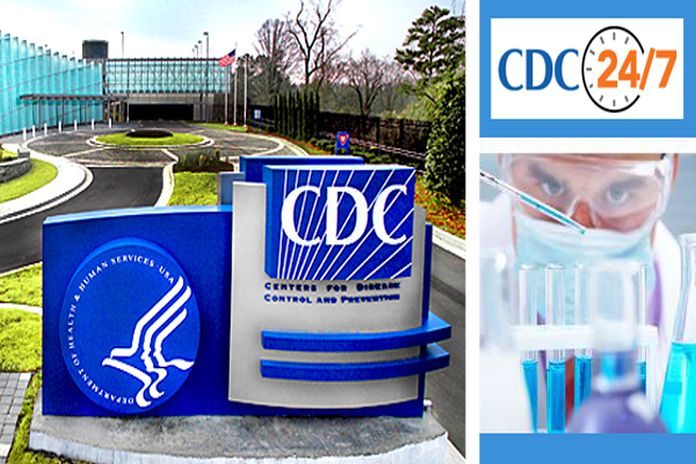ATLANTA, USA, (CDC) – The Centers for Disease Control and Prevention (CDC) currently recommends a quarantine period of 14 days. However, based on local circumstances and resources, the following options to shorten quarantine are acceptable alternatives, as reported on December 2, 2020.
“Quarantine can end after Day 10 without testing and if no symptoms have been reported during daily monitoring.
“With this strategy, residual post-quarantine transmission risk is estimated to be about 1 percent with an upper limit of about 10 percent.
“When diagnostic testing resources are sufficient and available (see bullet 3, below), then quarantine can end after Day 7 if a diagnostic specimen tests negative and if no symptoms were reported during daily monitoring. The specimen may be collected and tested within 48 hours before the time of planned quarantine discontinuation (e.g., in anticipation of testing delays), but quarantine cannot be discontinued earlier than after Day 7.
“With this strategy, the residual post-quarantine transmission risk is estimated to be about 5 percent with an upper limit of about 12 percent.”
In both cases, additional criteria (e.g., continued symptom monitoring and masking through Day 14) must be met and are outlined in the full text.
[…] “The recommendation for a 14-day quarantine was based on estimates of the upper bounds of the COVID-19 incubation period. Quarantine’s importance grew after it was evident that persons are able to transmit SARS-CoV-2 before symptoms develop, and that a substantial portion of infected persons (likely somewhere between 20% to 40%1) never develop symptomatic illness but can still transmit the virus. In this context, quarantine is a critical measure to control transmission.
“… Shortening quarantine may increase willingness to adhere to public health recommendations but will require evaluation; not only in terms of compliance with quarantine and contact tracing activities, but also for any potential negative impacts such as post-quarantine transmission. Any option to shorten quarantine risks being less effective than the currently recommended 14-day quarantine. The variability of SARS-CoV-2 transmission observed to-date indicates that while a shorter quarantine substantially reduces secondary transmission risk, there may be settings (e.g., with high contact rates) where even a small risk of post-quarantine transmission could still result in substantial secondary clusters,” the CDC report said on Wednesday.





